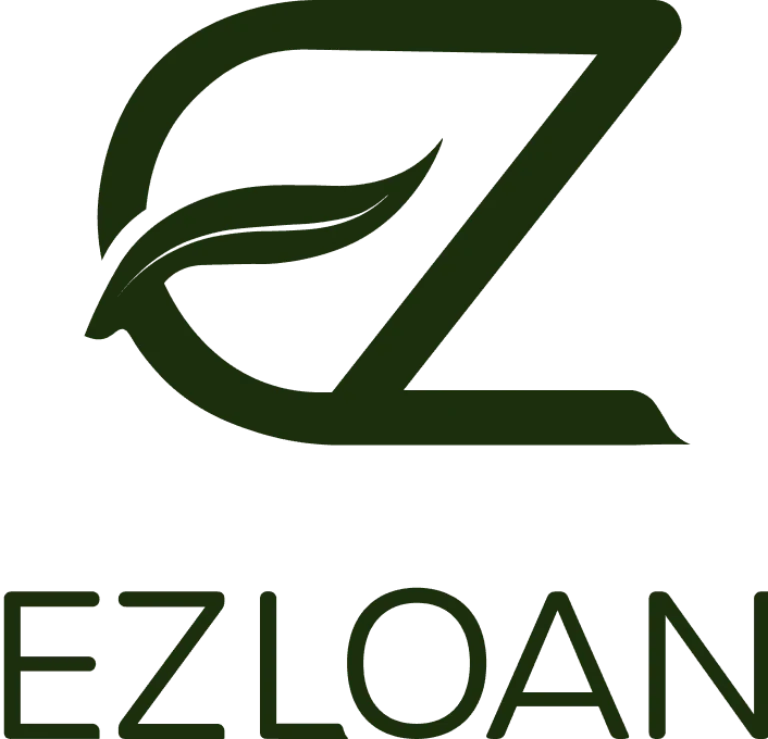9 Red Flags That Your Personal Loan Offer Might Be a Scam
Updated: 12 Dec 2025
The information on this page is for educational and informational purposes only and should not be considered financial or investment advice. While we review and compare financial products to help you find the best options, we do not provide personalised recommendations or investment advisory services. Always do your own research or consult a licensed financial professional before making any financial decisions.
Loan scams are on the rise in Singapore. Fraudsters are exploiting messaging apps, impersonating licensed moneylenders, and tricking borrowers into paying “fees” upfront.
If you’ve ever wondered “How do I know if a loan offer is real?, here are nine red flags that will help you spot scams instantly.
1. Unsolicited loan offers
Received a WhatsApp, Telegram, or Facebook DM about a “fast loan”? Licensed moneylenders are prohibited from advertising through SMS or messaging apps. They can only market through business directories, their official websites, or registered premises.
If you receive such a message, it’s very likely an online loan scam. Always check the Registry of Licensed Moneylenders.
2. Guaranteed approval
“100% approval” or “loan confirmed, no checks needed”? Not possible. Legitimate lenders must always assess your ability to repay.
3. No credit check required
By law, all regulated lenders must check your credit history via Credit Bureau Singapore. If a “lender” skips this step, they’re not licensed.
How bank loans work in Singapore: A simple guide
Confused about personal loans? Learn how bank loans in Singapore work — from eligibility to interest rates — so you can borrow smarter and avoid surprises.
4. Upfront fees
Scam agents often request “processing fees” or “security deposits” before loan disbursement. Once paid, they disappear.
Licensed moneylenders can only collect fees after the loan is disbursed. By law, they’re allowed to charge a maximum of 10% of the principal loan amount as an administrative fee. That means if you borrow S$1,000, the maximum upfront fee is S$100.
If someone demands payment beyond this or before your loan is formally approved, you’re likely dealing with a personal loan scam or even payday loan scammers.
5. Pressure to act immediately
Scammers may say “offer valid today only” to rush your decision. Licensed lenders give you time to read and understand the contract.
6. Unprofessional communication
Poor grammar, Gmail addresses, or WhatsApp numbers are classic warning signs. Licensed moneylenders use official business channels.
Should you take a personal loan? Pros and cons explained
Personal loans can be a lifeline for big expenses — but they’re not without risks. Here’s what to weigh before signing on the dotted line.
7. Requests for Singpass credentials or OTPs
Defrauders may ask for your Singpass login, password, or OTPs to “verify” your loan or CPF details.
Legitimate lenders will never request Singpass credentials via phone, SMS, or email. According to the Singapore Police Force (SPF), stolen Singpass info has been misused to open bank accounts for money laundering and other personal loan frauds.
If you suspect your Singpass account has been compromised:
-
Reset your password immediately at go.gov.sg/reset-sp-pw.
-
Check your Singpass transaction history for unusual activity.
-
Contact the Singpass Helpdesk at 6335 3533 or support@singpass.gov.sg.
8. Fake “licensed” lenders offering online-only loans
Some scammers falsely claim they are licensed moneylenders but then promise to complete the entire loan process over the phone or online.
Under Singapore law, licensed moneylenders must conduct face-to-face verification at their registered premises before disbursing any loan. Anyone claiming otherwise is attempting an online loan scam.
9. Impersonation of officials
Fraudsters may pretend to be police officers, government agencies, or bank staff to pressure you into “verifying” information.
Authorities will never ask you to transfer funds or provide login credentials over the phone. Hang up and call the official hotline to check.
>>More: Pros & cons of taking a personal loan to offset the higher cost of living
Safeguard yourself with ScamShield
Beyond spotting red flags, prevention tools like ScamShield can help keep scammers away from you altogether.
Developed by the Singapore Police Force and the National Crime Prevention Council, ScamShield automatically:
-
Blocks scam SMSes from known numbers.
-
Filters scam calls so they don’t reach you.
-
Lets you report suspicious messages directly to the authorities.
How to use it
-
Download the ScamShield app (available for iOS and Android).
-
Enable call and SMS filtering in your settings.
-
Report suspicious texts or numbers with one tap.
With ScamShield on your phone, you can stop many scams before they even reach you.
What to do if you’ve been scammed
-
Contact your bank immediately to freeze or recover funds.
-
File a police report or call the Anti-Scam Hotline at 1800-722-6688.
-
Seek help from Credit Counselling Singapore (CCS) if you’re financially affected.
-
Use safe alternatives. Apply only through vetted lenders.
Quick red flag checklist
Use this quick checklist to spot a loan scam instantly and protect yourself before it’s too late.
-
Unsolicited WhatsApp/SMS loan offers
-
Guaranteed approvals
-
No credit check required
-
Upfront fees before disbursement or more than 10% of the loan amount
-
Urgent “limited-time” offers
-
Poor grammar or Gmail/WhatsApp comms
-
Requests for Singpass, bank logins, or OTPs
-
“Licensed” lenders offering fully online loans
-
Calls from fake police or officials
Best Personal Loans In Singapore
SingSaver Takeaways
Scams are getting smarter, but so can you. Stay vigilant, trust only licensed lenders, and protect yourself with tools like ScamShield.
Need a safe loan? Compare vetted and licensed







